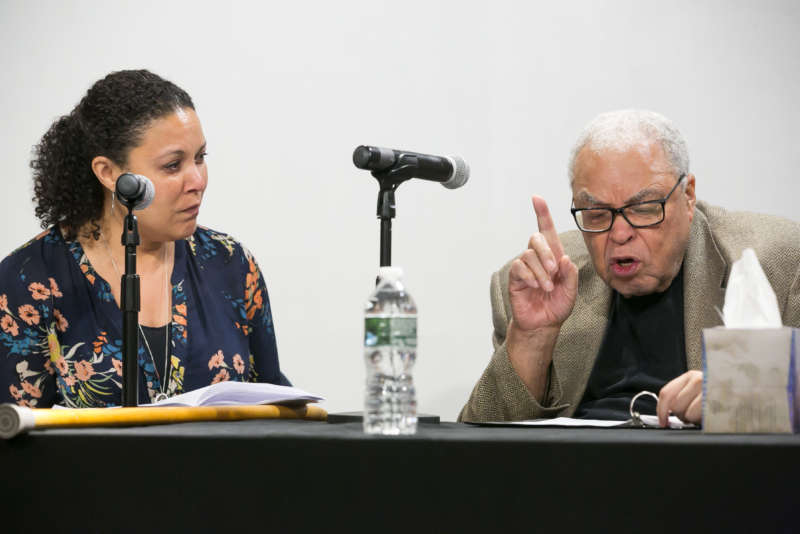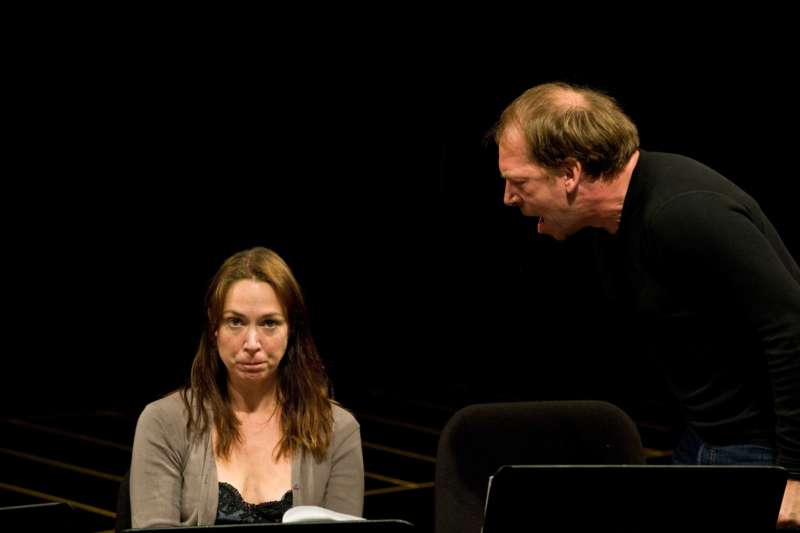Open to Public
Hercules in Florida
Thu, Feb 06.2020
About the play
-
Madness of Hercules by Euripides
When the Greek hero Hercules returns to Thebes and finds his home occupied by a local tyrant, he goes on a rampage with his invincible bow, killing the men who have invaded his house and taken his family hostage. But in the heat of the battle, Hercules enters into a berserk rage and kills everyone in sight, including his wife and two young children, with his powerful weapon, mistaking them for enemies. When he comes back to his senses and takes in the horror of what he has done, Hercules contemplates suicide, but his close friend and fellow war veteran Theseus, stays by his side and offers unconditional support, encouraging him to share the burden of what he has done with his community. At its core, Euripides’ Madness of Hercules asks profound questions about how we should respond to unthinkable violence—as citizens, family members, friends, and neighbors—and how we can all work together to stop violence from occurring in our communities, before it’s too late.
Explore Projects
-
 Addiction & Substance AbuseAddiction Performance Project
Addiction & Substance AbuseAddiction Performance ProjectDesigned to raise awareness about opiate addiction and alcohol abuse, the project is intended to promote dialogue about helping those who are struggling with addiction.
-
 Caregiving & DeathKing Lear Project
Caregiving & DeathKing Lear ProjectThe King Lear Project presents streamlined readings of scenes from Shakespeare’s King Lear to engage diverse audiences—including older adults, caregivers, and family members—in open, healing, constructive, discussions about the challenges of aging, dementia, and caring for friends and loved ones.
-
 Domestic ViolenceMedea
Domestic ViolenceMedeaMedea timelessly depicts how scorned passion can lead to revenge and, sometimes, unthinkable violence. This project, which premiered at the Brooklyn Academy of Music in June 2016, delves into under-discussed mental health issues that affect women and their families.